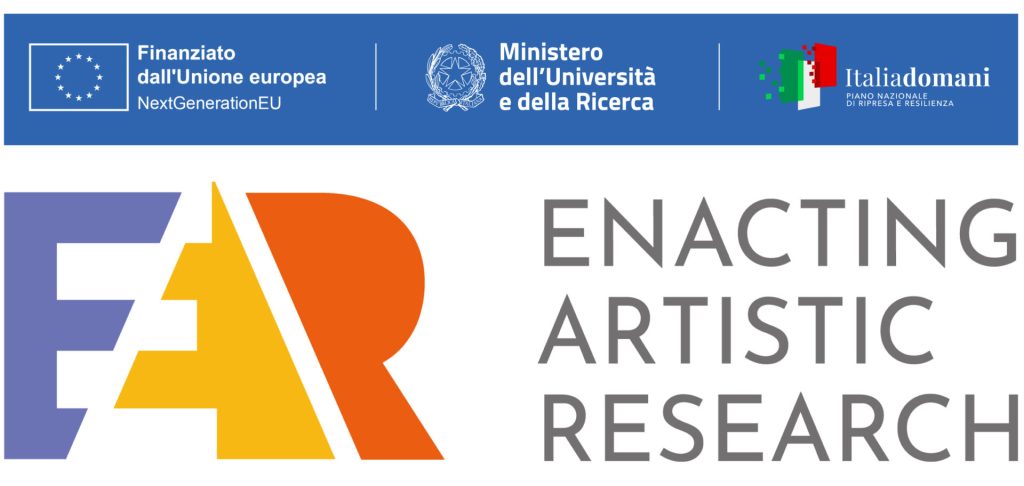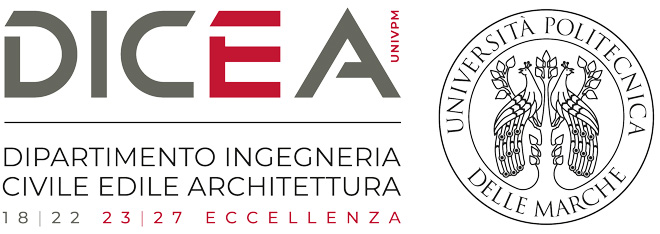
The Enacting Artistic Research (EAR) project aims to develop a research and innovation agenda leveraging research as a strategic tool for the internationalization of Higher Education for Art, Music and Dance (AFAM).
EAR focuses on three main objectives: integrating art and science by promoting the use of advanced technologies to enhance cultural heritage in a global context; fostering international collaborations between artistic and scientific institutions to facilitate the exchange of knowledge and methodologies; and increasing accessibility to cultural heritage by using technology, overcoming both physical and digital barriers.
Coordinated by the Academy of Fine Arts of Rome, the project brings together a distinguished group of partners, including the Brera Academy of Fine Arts, the Florence Academy of Fine Arts, the Conservatory of Music Santa Cecilia, the ‘Alfredo Casella’ Conservatoire of Music, the National Institute of Nuclear Physics, and the Marche Polytechnic University.
EAR spans over a period of 22 months starting from 1 May 2024, and is funded by the European Union – Next Generation EU, Mission 4, Component 1 with a contribution of €2,422,593.63.
Università Politecnica delle Marche, through the DICEA Department of Excellence, makes a fundamental contribution to the EAR project by providing advanced expertise in the design and development of Artificial Intelligence applications, XR applications, and usability evaluation, while also actively supporting the project’s dissemination through scientific publications. These competencies have been further refined through experience gained in the EU4ART_Differences project, in collaboration with the Rome Academy of Fine Arts and the Department of Architecture at the University of Florence.
The department specifically develops the AI system supporting research on creativity in art and design education, which forms the foundation of new strategies for enhancing and interconnecting artistic institutions. In this context, ‘°’KOBI was born—a research project on collective intelligence and knowledge ecosystems, aimed at stimulating creative thinking in art and design education.
The (°’°KOBI) platform utilizes Large Language Models (LLMs) to facilitate an advanced exploration of collective knowledge, offering users a nuanced and contextual understanding of artistic concepts derived from vast databases of artistic literature. This integration reflects the broader academic movement towards employing AI technologies to enhance educational paradigms. Significant features of °’°KOBI include AI-powered voice interactions, AI-assisted conceptualization, and three-dimensional visualization of knowledge organized by semantic proximity. °’°KOBI leverages augmented reality technology, providing a dynamic and multimodal experience in a mixed-reality environment based on the principles of experiential learning.
